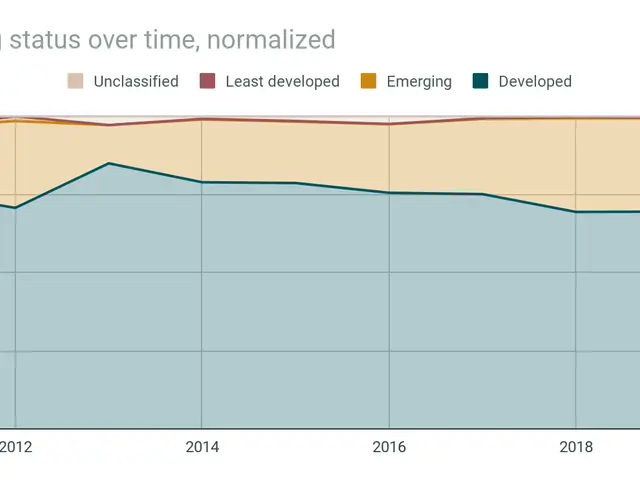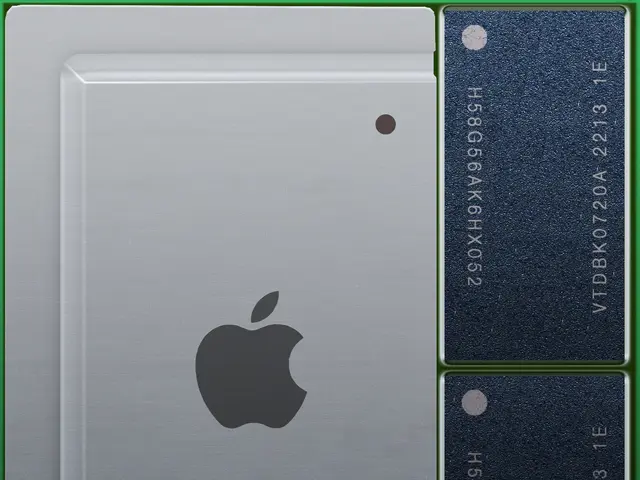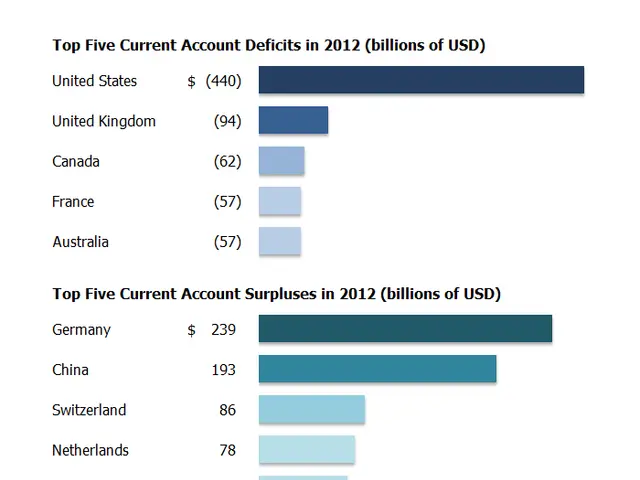Arizona's GPS on Crypto: Governor Katie Hobbs Vetoes "Bitcoin Reserve Act"
A peek into POLITICS and MONEY sanctum
Arizona Governor Vetoes Bitcoin Legislation; Status of Crypto Investment Bill Remains Unclear
Governor Katie Hobbs of Arizona has put the brakes on a legislative push to allocate up to 10% of state funds into Bitcoin and other digital currencies. On Friday, she vetoed Senate Bill 1025, nicknamed the "Arizona Strategic Bitcoin Reserve Act." This move has solidified Arizona as the sixth U.S. state to shake its head at a Bitcoin reserve proposal, and there are currently 19 other states mulling over similar legislation.
In a blunt letter to Senate President Warren Petersen, Hobbs sugarcoated none when she asserted that the Arizona State Retirement System is a powerhouse, all thanks to prudent and well-informed investments. She further highlighted that retirement funds should function as a safe haven, making them unsuitable for playing with unproven assets such as cryptocurrencies.
Her Hunch Matters
The digital currency community was quick to react on Twitter. Anthony Pompliano, head honcho at Professional Capital Management, an investment firm that uses content channels to lure potential investors and engage customers, wasn't shy about voicing his displeasure. He tweeted, "The sheer idiocy of a politician deciding to meddle with investment decisions."
The controversial bill, which sailed through both chambers without a single amendment, aimed to establish a structure for state investments in digital assets and store them within a hypothetical federal "Strategic Bitcoin Reserve," if and when one ever materializes.
Two Peas in a Pod
Senate Bill 1025 formed part of a broader digital currency policy initiative in Arizona. Its best bud, Senate Bill 1373, is still waiting for Hobbs' signature. This sibling bill proposes managing digital assets acquired through appropriations or seizures, say, from criminal proceedings. Different from its sibling, SB1373 doesn't authorize investment of public funds but instead sets custody protocols and bypasses the state's standard fiscal year lapse rules.
Although SB1025 took a hike, SB1373 is still up for grabs, but only if Hobbs views it as an administrative mechanism rather than a nod to speculative crypto exposure. This call could determine whether Arizona's broader digital asset framework outlives the ongoing legislative session.
Missed Opportunity or Safe Bet?
The Arizona Legislature gave both measures a green light earlier this year. But Hobbs had made it clear that she intended to veto GOP-led proposals irrelevant to budget negotiations. Arizona joins the list of states where crypto-related public finance legislation has hit a roadblock, despite growing interest nationwide.
Dish it Out: The Daily Newsletter
Don't forget to check us out on Walrus!
FYI
- Arizona's rejection of this bill makes it the sixth state to refuse a Bitcoin reserve proposal.
- Hobbs had expressed strong opposition to the bill, viewing Bitcoin and other virtual currencies as untested and risky investments that could jeopardize Arizonans' retirement funds.
- The state's digital asset framework's fate may hang in the balance with Hobbs' pending decision on SB1373.
- Arizona's Governor Katie Hobbs has rejected the "Arizona Strategic Bitcoin Reserve Act," denying a legislative push to invest up to 10% of state funds into Bitcoin and other digital currencies.
- In a veto letter, Hobbs stated that the Arizona State Retirement System's prudent and well-informed investments make retirement funds inappropriate for investments in unproven assets like cryptocurrencies.
- The digital currency community, including Anthony Pompliano, criticized Hobbs' decision as an example of a politician meddling with investment decisions.
- Senate Bill 1025, which aimed to establish a structure for state investments in digital assets, was part of Arizona's broader digital currency policy initiative.
- While Senate Bill 1025 has been vetoed, Senate Bill 1373, which proposes managing digital assets acquired through appropriations or seizures, is still waiting for Hobbs' signature, potentially determining the fate of Arizona's broader digital asset framework.





